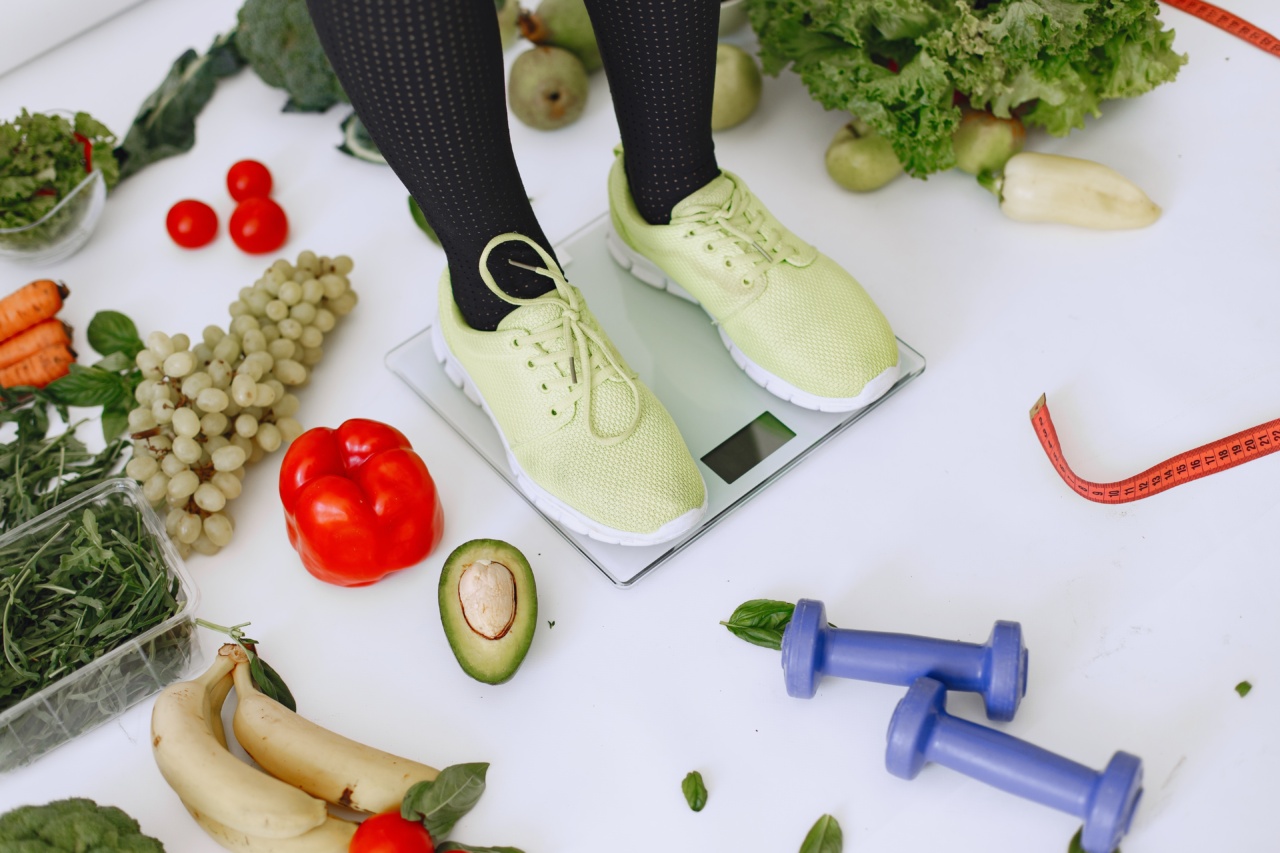Nutrition plays a key role in weight loss, but misconceptions about it often stand in the way of our success. These myths and misconceptions prevent us from seeing the right foods to eat and end up sabotaging our diet.
Here are some of the most common misconceptions about nutrition that can hinder weight loss and the truth behind them.
Myth #1: Carbohydrates are bad for weight loss
Carbs are an essential part of our diet and provide us with energy. Cutting them out of your diet completely can leave you feeling sluggish and affect your overall health.
The key to successful weight loss is to balance your intake of carbohydrates, protein, and fats.
Myth #2: Skipping meals will help you lose weight
Skipping meals often leads to overeating later in the day since you’re more likely to feel ravenous. Spacing your meals throughout the day can help regulate your hunger and control your portions.
Myth #3: You need to go on a juice detox or cleanse to lose weight
Your body is designed to detox naturally through the liver and kidneys, and going on a juice cleanse or detox can be harmful to your body by depriving it of essential nutrients.
Rather than that, make better food choices and cut back on processed foods to aid in detoxifying your body.
Myth #4: Eating late at night is bad for weight loss
Your body doesn’t stop burning calories just because it’s nighttime. What affects weight gain is eating more calories than you burn, and this could happen any time of the day.
What really matters is the quantity and quality of food you consume, rather than when you consume it.
Myth #5: Low-fat or fat-free foods are better for weight loss
Fat is not the enemy here; it’s an essential nutrient our body needs. While some fats should be restricted, such as saturated and trans fats, some other fats are healthy and contribute to satiety.
Instead of avoiding fats, focus on healthy sources and incorporate it in a balanced diet.
Myth #6: Drinking water doesn’t help with weight loss
Drinking water can help you feel full, which can reduce your appetite and caloric intake. In addition to that, water has other benefits that can aid in weight loss, such as keeping your body hydrated, flushing out toxins, and improving digestion.
Myth #7: All calories are the same
All calories are not the same, and the source of your calories can have an impact on your overall health. Different foods affect our bodies in different ways, and it’s vital to choose foods that are high in nutrition and low in calories.
Myth #8: All sugar is bad for weight loss
While it’s true that consuming excess sugar can lead to weight gain and other health problems, not all sugar is bad. Sugar that is naturally present in fruits, vegetables, and milk provides essential nutrients and fiber.
It’s added sugar, such as in processed foods, which you should limit to aid in weight loss.
Myth #9: You need to cut out all carbs to lose weight
While reducing carbohydrate intake can help with weight loss, cutting them out is not necessary. Instead, focus on choosing healthier carbs that contain fiber and nutrients, such as whole grains, fresh fruit, and vegetables.
Myth #10: Eating healthy is expensive
Contrary to this misconception, eating healthy doesn’t have to be costly.
Simple changes to your eating habits, such as cooking at home, choosing seasonal and WHOLE foods over processed foods, and planning meals in advance, can help you save money in the long run.

























